Premium Only Content
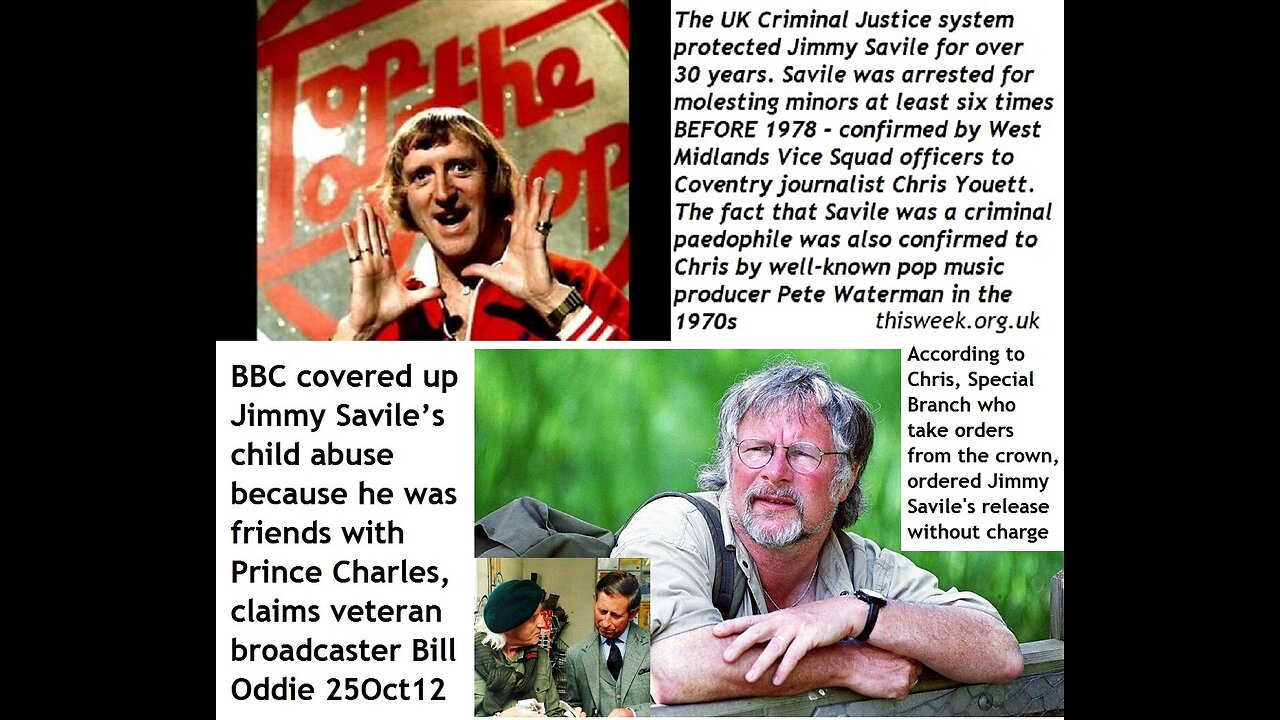
Child abuser Jimmy Savile was arrested 6 times BEFORE 1978 but MI5 ordered his release, Chris Youett
Chris Youett, journalist, on how Jimmy Savile was arrested six times before 1978 and released on the orders of MI5 Special Branch
- he got this information in 1978 from West Midalnds police sources . The UK Criminal Justice system protected Jimmy Savile for over 30 years. Savile was arrested for molesting minors at least six times BEFORE 1978 - conformed by West Midlands vice squad officers to Covenry journalist Chris Youett. The fact that Savile was a criminal paedohile was also confirmed to Chris by pop music producer Pete Waterman in the 1970s. According to Chris, Special Branch who take orders from the crown, ordered Jimmy Savile's release without charge on all six occasions. Chris came to the conclusion in 1978 that Savile was an MI5 informant at the BBC. In 2012 veteran broadcaster Bill Oddie claimed the BBC covered up Savile's child sexual abuse because he was friends with Prince Charles.
Prince Charles repeatedly sought Jimmy Savile’s advice, documentary claims Programme reveals Savile produced PR handbook for royals, some of which was passed on to the Queen Prince Charles repeatedly sought the advice of Jimmy Savile, who was later revealed to have spent decades sexually abusing women and children, even going so far as to take his suggestions to the Queen, a documentary has claimed. Notes from the the Prince of Wales to Savile uncovered by the producers show that over the course of about 20 years Savile became an unofficial adviser to Charles. They shed light on the extent to which the disgraced former television presenter was able to influence the highest offices of the British state before his death in 2011. Jimmy Savile: A British Horror Story review – a welter of devastating detail Read more The makers of the Netflix documentary Jimmy Savile: A British Horror Story have revealed that Savile produced a PR handbook for royals and their staff. Some of that advice was then incorporated in a note prepared for the Queen, the Times reported. The producers believe that followed an incident in which Prince Andrew made insensitive comments about the Lockerbie bombing during a visit to the disaster site in 1988. The director Rowan Deacon told the Times that the event “reignited a discussion about how the royal family should respond to disasters”. She said: “Jimmy Savile wrote this dossier, quite an in-depth document of advice, on how the Queen should behave and how members of the royal family should not be in competition with each other.”
Alistair Morgan, brother of murdered Brian Morgan, on the latest cache of undisclosed police files found, in the 35-year-long cover up by the Metropolitan Police. 2012: Daniel Morgan report cites police and prosecution flaws Daniel Morgan was found with an axe in his head in a south London car park in 1987 The collapse of a trial of three men charged with committing one of Britain's most notorious unsolved murders has been blamed on failures by police and prosecution. The conclusions are from a new report into the case of the murdered private investigator Daniel Morgan, killed in 1987 in Sydenham, London. It said boxes of potential evidence were not disclosed to the defence. Six investigations have failed to find Mr Morgan's killer. The report was conducted jointly by the Crown Prosecution Service and Metropolitan Police and said four boxes were left in storage, instead of being disclosed to the defence, three of which were relevant to the trial proceedings. This resulted in the collapse of a trial at the old Bailey last year. The report also said several "supergrass" witnesses were not properly handled. Mr Morgan, who was originally from Llanfrechfa, near Cwmbran, and ran a small private detection agency, was found in the car park of a pub with an axe in his head. The BBC's Tom Symonds said it has been claimed Mr Morgan was killed because he had uncovered evidence of police corruption in south London. Initial investigations failed to get to the bottom of the case, because, it was alleged, of police corruption.
-
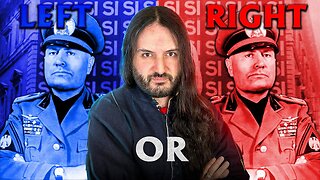 32:42
32:42
MetatronHistory
1 day agoWas FASCISM Left wing or Right wing?
5.58K23 -
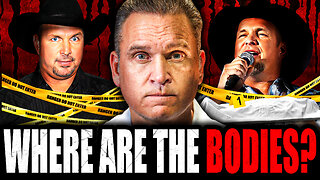 2:13:31
2:13:31
The Connect: With Johnny Mitchell
1 day ago $17.36 earnedIs Garth Brooks A Serial Killer? Exposing The Dark Secrets Of Country Music's Biggest Star
29.8K11 -
 9:52
9:52
MattMorseTV
13 hours ago $12.91 earnedTrump just GAVE the ORDER.
14.3K47 -
 19:19
19:19
GritsGG
14 hours agoINSANE Trio Match! Most Winning Warzone Player IGLs to Victory!
9.52K1 -
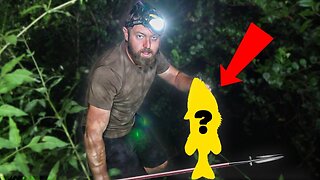 32:24
32:24
Forrest Galante
1 day agoHunting and Eating The World's WORST Fish (Everglades At Night)
128K8 -
 11:37
11:37
The Pascal Show
1 day ago $14.45 earnedTHEY WANT TO END HER?! Candace Owens Claims French President & First Lady Put A H*t Out On Her?!
49.6K51 -
 LIVE
LIVE
Lofi Girl
3 years agolofi hip hop radio 📚 - beats to relax/study to
266 watching -
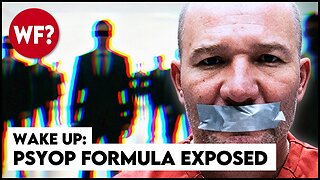 35:40
35:40
The Why Files
5 days agoPsyops: From Dead Babies to UFOs - The Same Pattern Every Time
114K106 -
 1:48:26
1:48:26
Tucker Carlson
2 days agoKristen Breitweiser: 9-11 Cover-Ups, Building 7, and the Billion-Dollar Scam to Steal From Victims
185K421 -
 5:48
5:48
Russell Brand
2 days agoThey BURNED me in effigy!
70.9K45